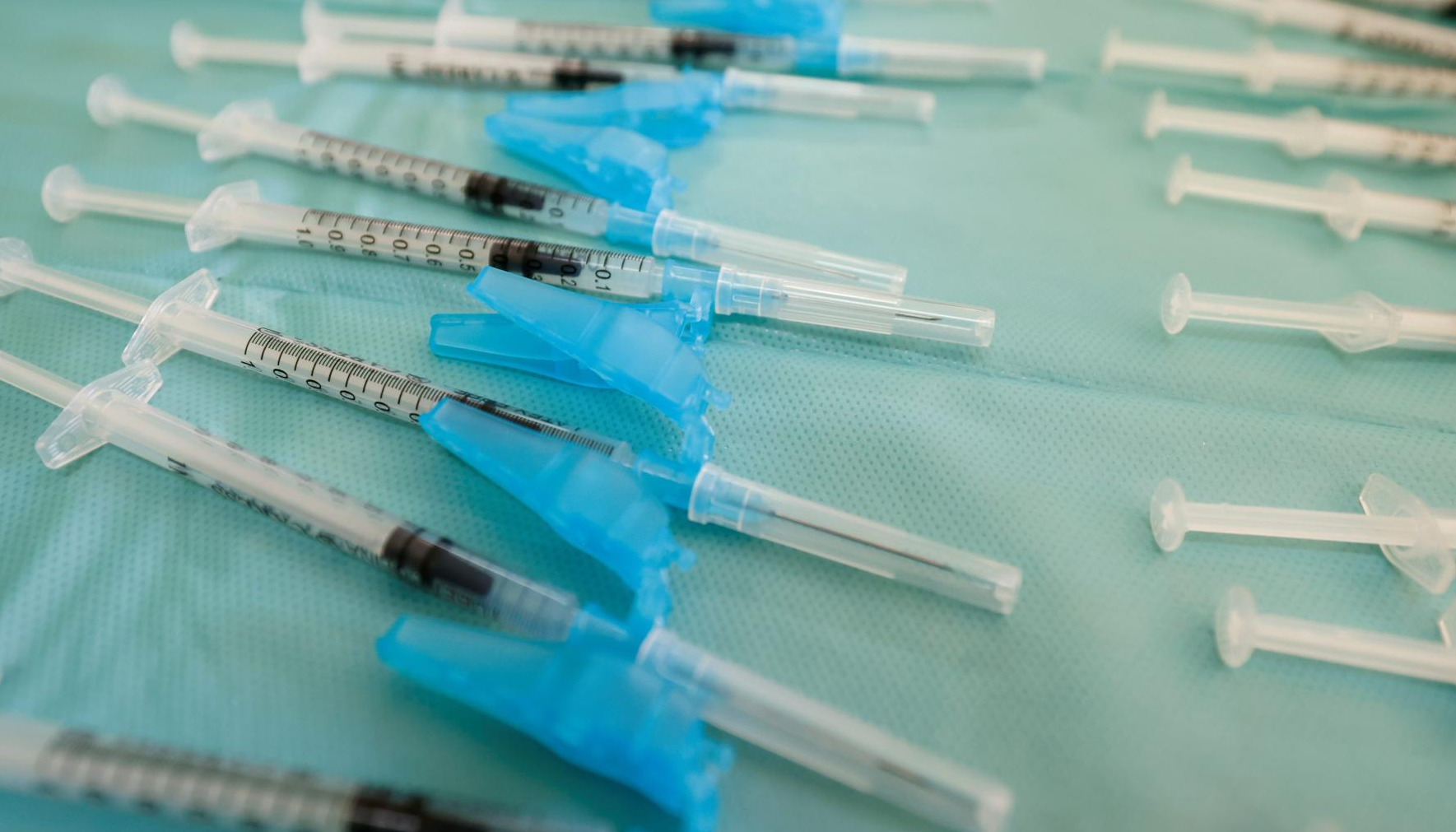
The shortage will remain through at least the first quarter of next year according to the UN [File: Ben Curtis/AP Photo]
Geneva, October 29 (RHC)-- Africa’s struggle to inoculate people against COVID-19 risks being hobbled by a shortage of syringes just as supplies of vaccines flood into the continent, the World Health Organization (WHO) said.
UNICEF, the United Nation’s fund for children, is predicting an “imminent shortfall” of up to 2.2 billion of the single-use syringes used to give jabs, WHO Africa said. These include auto-disable syringes used to administer Pfizer-BioNTech’s COVID vaccine, it said.
The shortages will remain through at least the first quarter of next year, it said in a weekly online briefing. “Early next year, COVID-19 vaccines will start pouring into Africa, but a scarcity of syringes could paralyse progress,” Matshidiso Moeti, the WHO regional director for Africa warned.
“Syringe production both globally and locally must be stepped up. Countless African lives depend on it,” she added. Unless there is a significant acceleration, only five African countries, or below 10 percent, will reach the target of 40 percent of populations vaccinated by the end of the year, the WHO said.
Countries like Seychelles, Mauritius, Morocco, which have already reached this target, as well as Tunisia and Cape Verde – together account for just 51 million of the continent’s 1.2 billion population.
Earlier this week, it was revealed the African Union (AU) intends to buy up to 110 million doses of COVID-19 vaccines from Moderna Inc in an arrangement brokered in part by the White House which will defer delivery of some doses intended for the United States to facilitate the deal, officials told the Reuters news agency.
The AU’s doses will be delivered over the coming months, with 15 million arriving before the end of the year, 35 million in the first quarter of 2022 and up to 60 million in the second quarter.
Moderna said it was working to make it possible to fill doses of its COVID-19 vaccines in Africa by 2023 and has plans to build a manufacturing plant on the continent. Some 8.5 million coronavirus infections and more than 218,000 deaths have been recorded on the continent, according to Africa CDC.

